NATO has stressed the need for Europe to diversify its energy supplies following Britain’s warning that it is “highly likely” that major natural gas supplier, Rusia, was looking to invade Ukraine.
There were reports on Sunday that Russia had massed about 120,000 troops near Ukraine demanding that the western defence alliance should pull back troops and weapons from eastern Europe and bar Ukraine, a former Soviet state, from ever joining the defence alliance.
Officials of the United States had said on Saturday that Russia’s military buildup had been expanded to include supplies to treat casualties of any conflict while locals across the Ukraine border had trained as army reservists just as government scrambled to prepare.
Join our WhatsApp ChannelMoscow had denied of such plans to invade. It, however, said on Sunday that it would ask “NATO to clarify whether it intends to implement key security commitments after earlier saying the alliance’s response to its demands did not go far enough.”
On a state televison, Russian Foreign Minister Sergei Lavrov, said: “If they do not intend to do so, then they should explain why. This will be a key question in determining our future proposals.”
The United States, which says it is waiting to hear back from Russia, said NATO would neither withdraw from eastern Europe nor bar Ukraine but is prepared to discuss topics like “arms control and confidence-building measures.”
The US has spent several weeks attempting to agree with the European partners on strong sanctions package should Russia attack Ukraine, though the matter remain very divisive. Germany, for instance, continues to urge “prudence.”
The issue threatening to divide NATO on the matter is that the European Union depends on Russia for one third of its natural gas needs. There are fears that an expected interruption in supply from Russia could exacerbate an existing energy crisis caused by a shortage.
NATO Secretary-General Jens Stoltenburg hit the nail on its head when he expressed the organisation’s concern regarding the vulnerability of the energy situation in Europe which is dependent on one supplier of natural gas. “That’s the reason why NATO allies agree that we need to work and focus on diversification of supplies,” Stoltenburg said on Sunday.
Already, Britain on Sunday, hinted of plans to expand the scope of its own possible sanctions in legislation this week to deter President Vladimir Putin of Russia.
Western countries had, on January 26, threatened to impose financial and economic sanctions on Russia if it ever invades Ukraine.




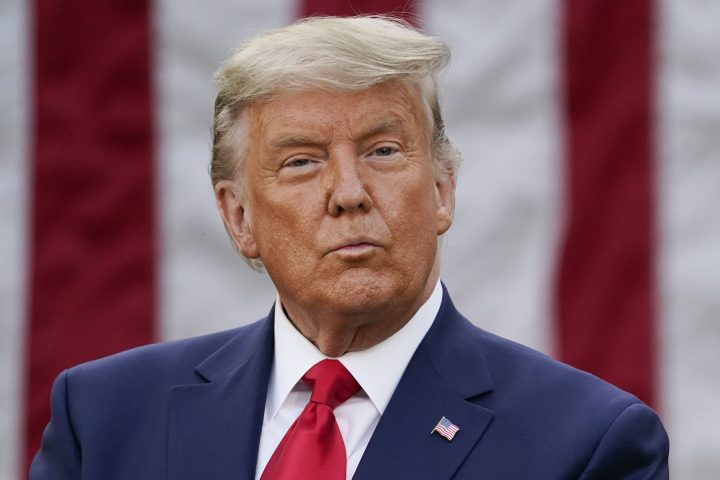

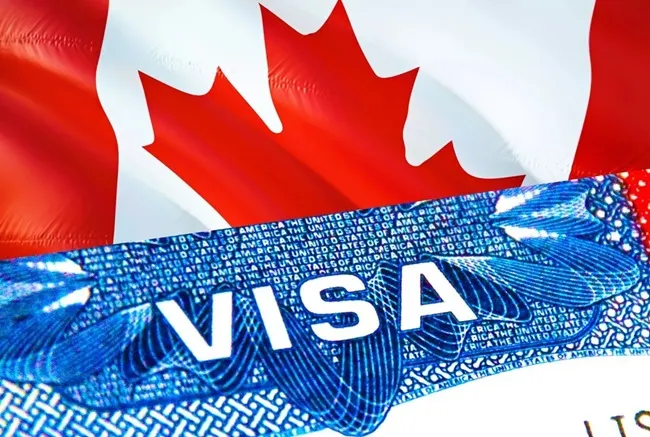







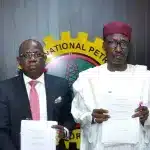
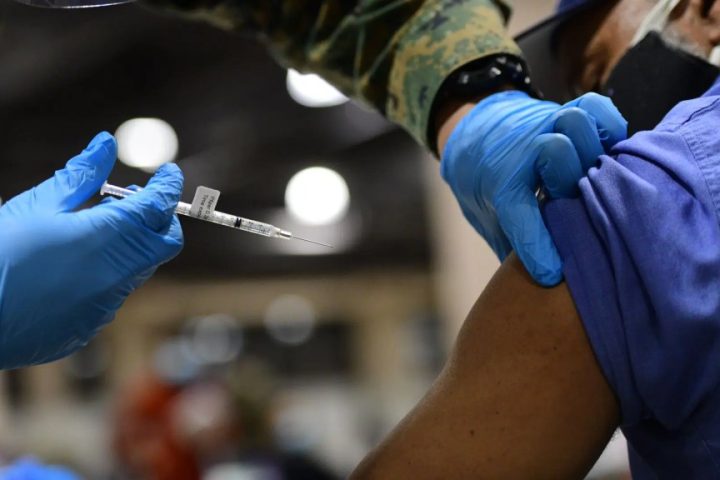
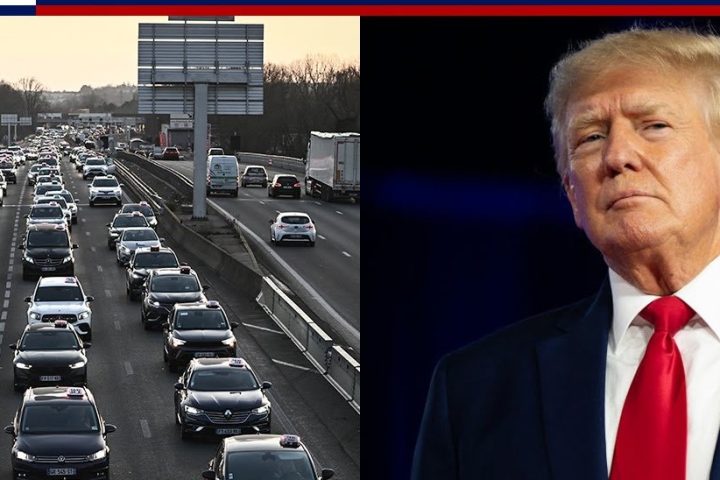
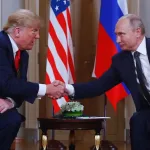
Follow Us